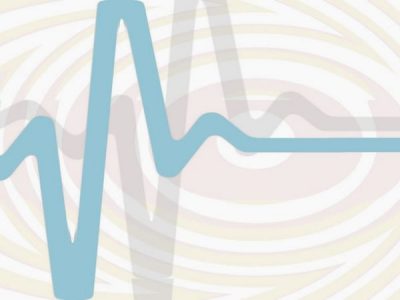The table below serves as an aid for doctors, pharmacists and other healthcare professionals who may have questions about what drug therapy should be stopped or continued during the coronavirus (COVID-19) pandemic and in patients with suspected or confirmed COVID-19.
Additionally, you can find prescribing advice on starting drug treatment during the coronavirus pandemic.
This page will be regularly updated; prescribing advice about further drugs will be added in due course.
|
Medical Condition/Drug Class |
COVID-19 Prescribing |
Some Patient Counselling Points |
|---|---|---|
|
Asthma |
Smoking cessation Check adherence to asthma medicines Check that the patient knows why each asthma medicine has been prescribed Patient education on how to correctly use their inhaler devices Emphasise the importance of continuing to use inhaled/oral corticosteroids Reassure the patient about the use of corticosteroids Reassure the patient that there is no need to stockpile their inhalers Does the patient have a personalised asthma action/self-management plan? |
|
|
Chronic obstructive pulmonary disease (COPD) |
Smoking cessation Check adherence to COPD medicines Emphasise the importance of continuing to use inhaled/oral corticosteroids Reassure the patient about the use of corticosteroids Reassure the patient that there is no need to stockpile their inhalers Patient education on how to correctly use their inhaler devices |
|
|
Angiotensin-converting enzyme (ACE) inhibitors and angiotensin receptor blockers |
ACC, AHA and HSA statement on using ACE-inhibitors/angiotensin receptor blockers in COVID-19 |
|
|
Diabetes |
American Diabetes Association’s video on managing diabetes medications during COVID-19 |
Ensure the patient has adequate supplies of diabetes medications/monitoring equipment (reassure the patient that there is no need to stockpile) Advice on sick day rules Educate the patient on the signs and symptoms of diabetic ketoacidosis (DKA) |
|
Thyroid disorders |
Radioactive iodine treatment (131-I) for hyperthyroidism American Thyroid Association FAQs on COVID-19 and the thyroid |
Carbimazole/methimazole: Educate patient to immediately report the onset of sore throats, bruising or bleeding, mouth ulcers, fever and malaise Propylthiouracil: Educate patient to immediately report signs of liver disorder (e.g. anorexia, nausea, vomiting, fatigue, pruritus and jaundice) and agranulocytosis (e.g. sore throat, fever, mouth ulcers, bruising, malaise) |
|
Growth hormone (GH) |
SfE guidance on adult growth hormone replacement therapy during the COVID-19 pandemic |
|
|
Dermatological conditions |
AAD COVID-19 clinical guidance: Isotretinoin, hydroxychloroquine and immunosuppressive agents NICE COVID-19 guidance on dermatological conditions treated with drugs affecting the immune response BAD COVID-19 guidance: Managing patients who are taking isotretinoin |
Methotrexate: Educate patient to immediately report signs and symptoms of blood disorders (e.g. sore throat, bruising and mouth ulcers), hepatotoxicity (e.g. nausea, vomiting, abdominal discomfort and dark urine) and pulmonary toxicity (e.g. dyspnoea, cough and fever) Azathioprine: Educate patient to immediately report signs and symptoms of bone marrow suppression (e.g. infection, unexpected bruising or bleeding) |
|
Inflammatory bowel disease (IBD) |
AGA guidance advising that many patients with IBD who develop COVID-19 should stop their medication BSG consensus advice on IBD medications during the COVID-19 pandemic |
Smoking cessation Aminosalicylates: Educate patient to immediately report any unexplained bleeding, bruising, purpura, anaemia, fever or sore throat Azathioprine: Educate patient to immediately report signs and symptoms of bone marrow suppression (e.g. infection, unexpected bruising or bleeding) |
|
Rheumatic diseases |
ACR COVID-19 clinical guidance on the treatment of rheumatic diseases with or without COVID-19 |
Sulfasalazine: Educate patient to immediately report any unexplained bleeding, bruising, purpura, anaemia, fever or sore throat Methotrexate: Educate patient to immediately report signs and symptoms of blood disorders (e.g. sore throat, bruising and mouth ulcers), hepatotoxicity (e.g. nausea, vomiting, abdominal discomfort and dark urine) and pulmonary toxicity (e.g. dyspnoea, cough and fever) |
This page was last updated on 21/04/2020.



